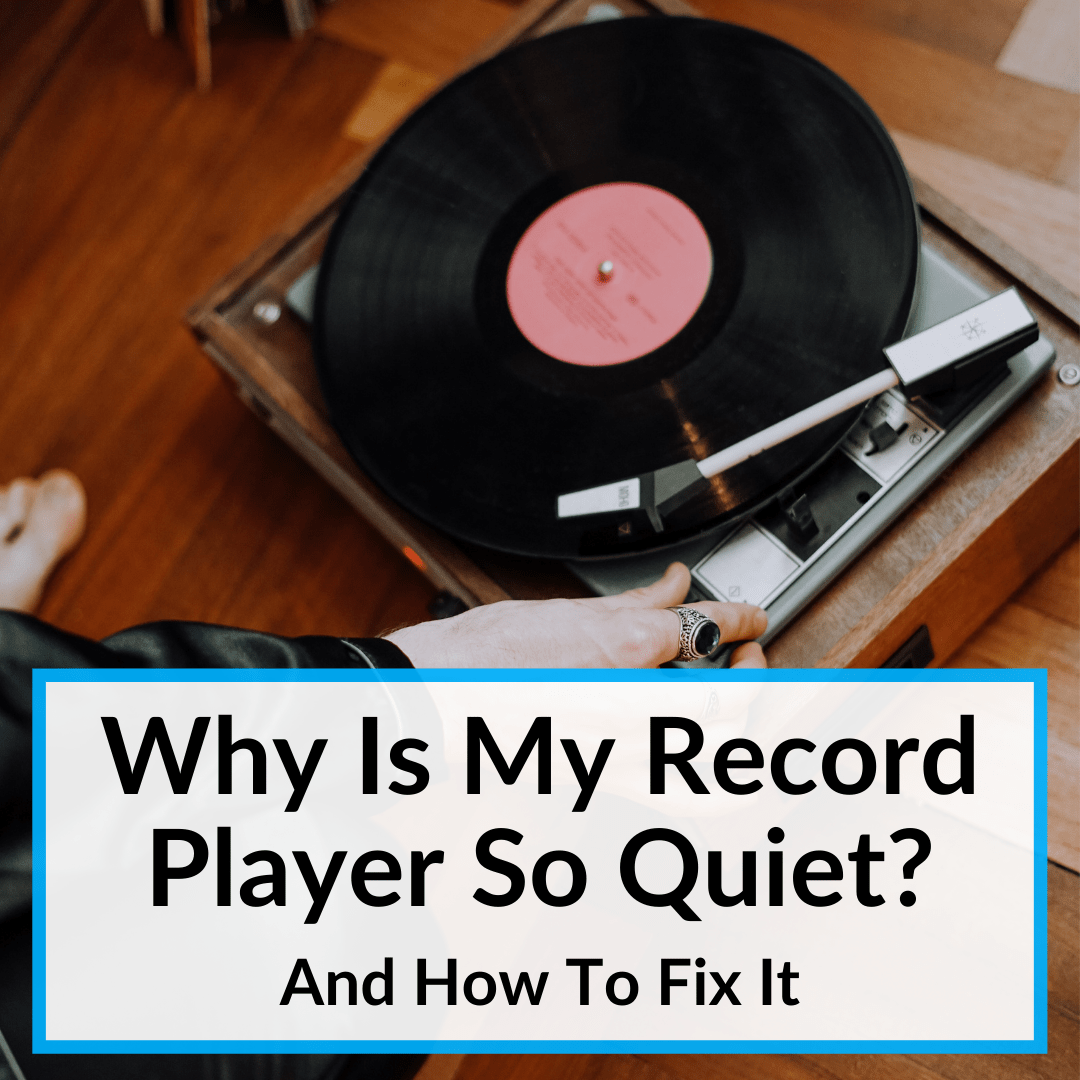
Turn up the volume!
Just kidding, I know you already tried that.
The truth is: there are a number of things that can cause a record player to be too quiet.
But there is one reason that is by far the most common. And it has to do with the preamp.
All the different possible scenarios involving the preamp (and the amp) can get a bit complicated, so let’s dive right into some record player troubleshooting and figure out exactly why your record player is so quiet.
Contents
Why Is My Record Player So Quiet?
Record players are quiet by nature. They produce an extremely low electrical signal that needs to be amplified two times.
It first gets amplified by a preamp (either internal or external) which brings it up to the same line level as a CD player. Then it must be amplified again to be audible from your speakers.
If you have everything set up correctly, it should not be quiet. If it still is, there are a few other reasons why that may be the case.
Common Reasons For A Quiet Record Player
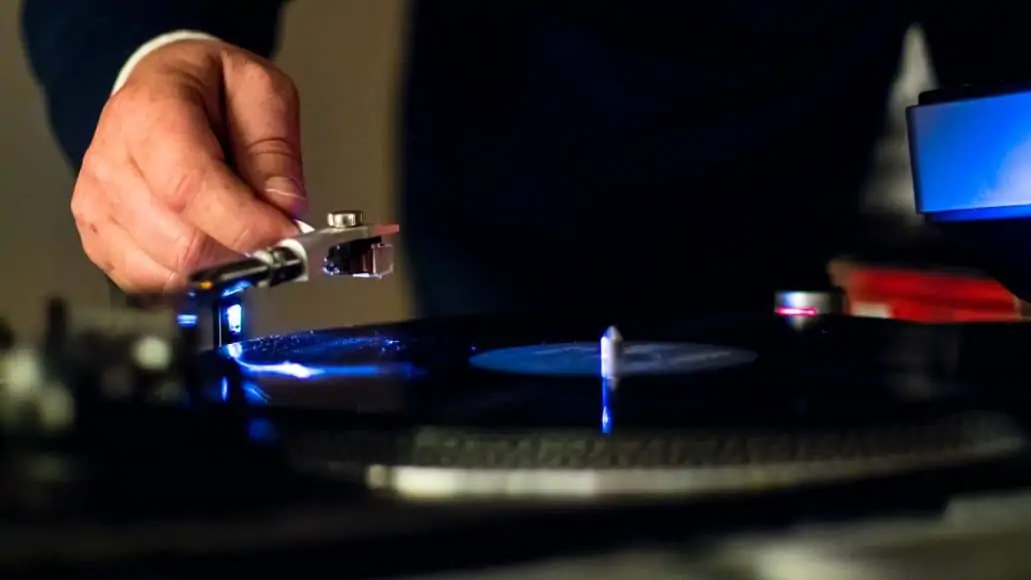
Before we get into any kind of details here, we must first assume that you your record player is being amplified to line level by a preamp, and that it is being amplified again by an audio amplifier.
If that is not the case, there’s your problem. If both of those are true, other forces may be at play.
You Have It Wired Wrong
Many times, when somebody who is not familiar with the science of how record players work, they will plug the RCA cables into a receiver input.
This makes sense because it is halfway correct. But you need to determine these things first:
Does your record player have an internal phono preamp?
Every record player needs a preamp. This can be an external stand alone preamp, or an internal built in preamp. Or you can use the preamp on your receiver which lives at the phono input.
To have the correct signal chain, you must determine which preamp you are using, and only use that one. You cannot use more than one or you will have distortion.
Look at your user manual and find out if your model has an internal preamp. If it does, you need to decide if you want to use it, or if you prefer to use the preamp on your receiver, or an external preamp.
Now that you have decided which preamp to use (only one) you can continue the setup.
Is your internal preamp on?
If your unit has an internal preamp, like many modern models do, and you are going to use it, you need to be sure it is on.
They almost all have an on/off switch, because you need to be able to turn it off, if you want to use an external preamp. Not having this ability would diminish the value of the record player. since people love to experiment with external preamps.
If your internal preamp is on, do not plug your record player into the phono input on your receiver. That would mean you are also using the preamp on the receiver. Using both preamps results in terrible distortion and could possibly fry the phono input on your expensive receiver.
Does your receiver have a phono input?
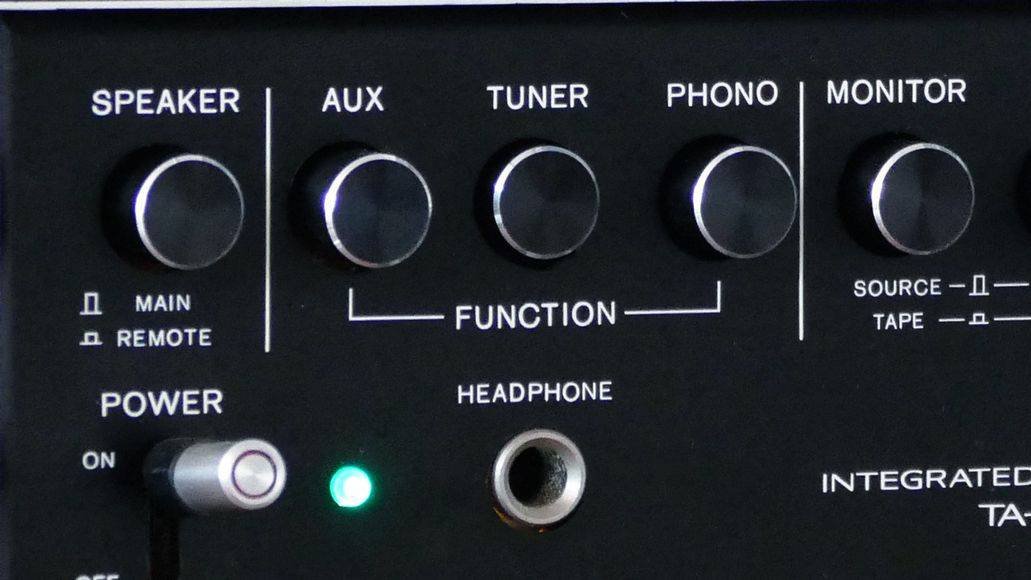
Most audio receivers have a phono input. This is a special input that is made just for record players. It has an internal preamp which will bring the level of your unit up to the acceptable line level which can then be amplified to the speakers.
If your receiver has one of these inputs, and you are not using an external or internal preamp for your record player, you should plug the RCA jacks into the phono input.
Did You plug it into the right jack on your receiver?
It is a common mistake to plug your record player into a random input on your receiver. It is usually hard to get to the jacks and there are a bunch of messy wires back there, so you do it fast to get the misery over with.
This happens all the time! If your record player is exceedingly quiet, it is possible you have it plugged into a jack that is not the phono jack.
This will make it audible, but super quiet. Of course, as mentioned above, this is irrelevant if you are using a standalone preamp, or if your unit has a built in preamp you are using. In those cases, you can plug it into any open input. Just not into the phono jack.
If you discover that you have it plugged into a line level input like CD or Video, simply plug it into the phono jack and you will now have great sound you can finally hear normally.
Other Reasons That Might Affect The Volume
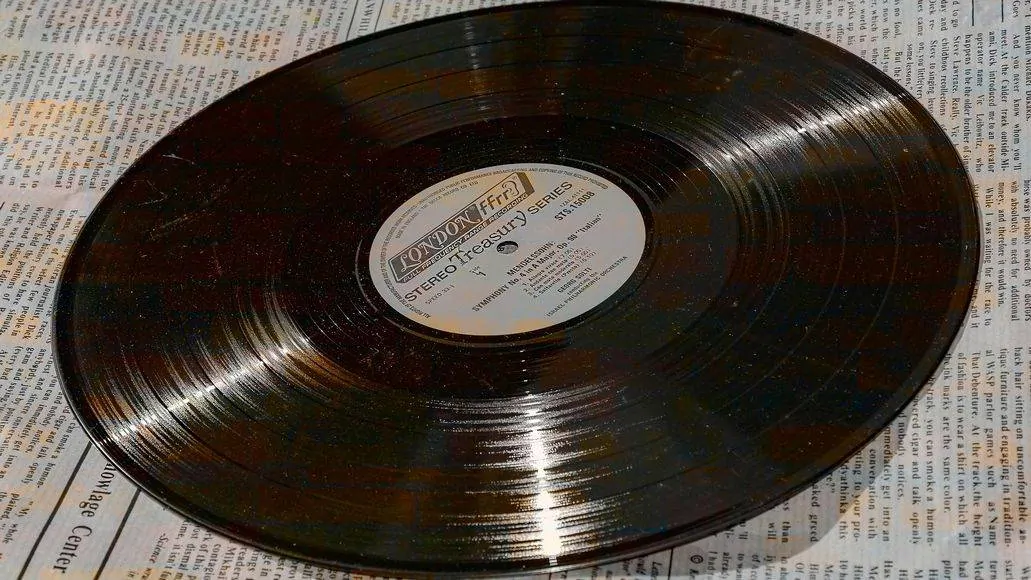
The record may be the issue
Some records that have been played hundreds of times become quiet over time. This is common with original pressings from many years ago. When a record is ‘played out’ it is not only much quieter, but the sound suffers as well.
Your preamp could be failing
From time to time preamps just get old and stop working, or are manufactured with some defects that make them not do their job. To verify if this is the issue or not, try switching to a different preamp and see if the volume returns to the normal level.
Your stylus may be done
Every stylus eventually gets worn down to the point where it sounds bad and becomes extremely quiet. Visually inspect your stylus up close with a magnifying glass and check that there is still a distinct point on the tip. If it is worn flat, it needs to be replaced.
Your cart may be defective or too old
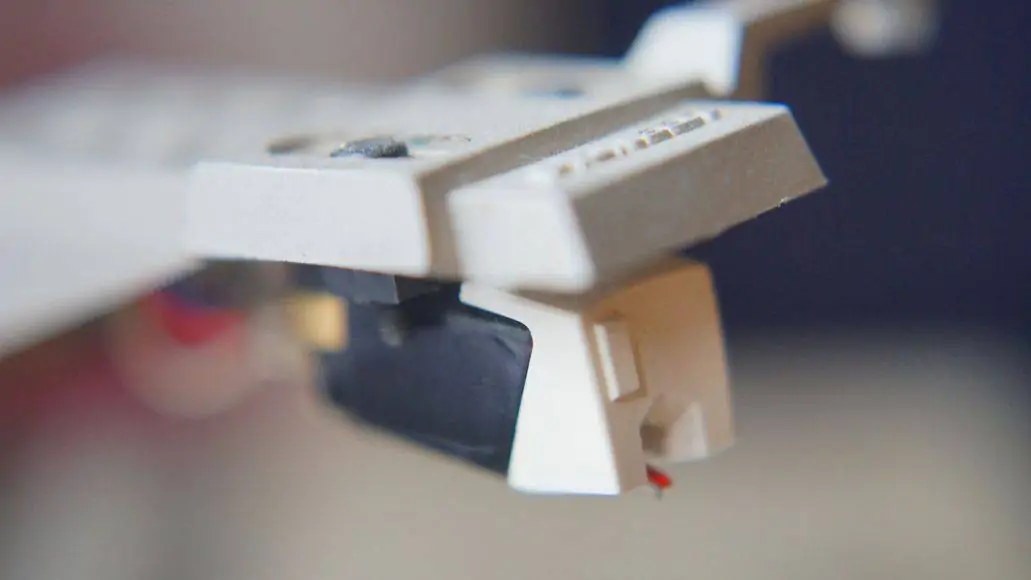
Over time these parts wear out. Much like the stylus situation, cartridges lose their effectiveness over too much time and become too quiet. Read up on record player cartridges vs styli to see how the two compare and relate.
To check if this is the issue you should have a backup cartridge you can switch to and see if it becomes louder. My article on how to tell if a record player cartridge is bad will help, too.
The connections inside your turntable may need care
The solder joints inside your unit will last a long time. Of course, they do deteriorate eventually due to environmental conditions and especially if they are exposed to cigarette smoke for several years.
If you have an old unit and you have checked all the other possible causes of quiet volume, it may be time to open it up and get dirty.
If you have an inexpensive record player and you eliminate all the other possible issues, it may be time for a new one, since the repair will cost more than the unit itself.
Your RCA cables may be bad
This is such a common occurrence. Many of these cables are so cheap and poorly designed that the soldered connections on the tips eventually just break loose due to bending and general use. Replace your RCA cables with some decent ones immediately, if nothing else works.
Quiet Record Player: Final Thoughts
By far the most common reason for a record player being too quiet involves the preamp and amplifier. So make sure to check that you have everything set up correctly in that regard.
If so, then it is likely one of the other causes mentioned above. Check them all one by one and hopefully you will figure out the issue and fix it. If nothing helps, it may be time to take it to a repair shop, assuming it is a high quality record player. If it is a cheap model, it’s usually less expensive to just buy a new one.
Thanks for the info simply plugged into phone jack.
I had no idea sense there were no manual with unit.
I plugged mine into AUX and assumed this was correct, who new.
Thanks again much appreciate the help.
This page is pretty close to my problem, but not exactly. Different records play at different volumes on my record player. It’s a fairly new (pioneer p1000 @xmas) and a Denon 9460 or something like that. All the records I have are brand new since xmas.
I’m sorry but this article appears to be written by someone with very little knowledge of electronics or record players. Your writing screams this …. Sorry chap there is so,e element of truth but looks like you have read a few articles and reworded. I get realy pissed off about this, I see it with younger people I work with they through lots of meaningless drivel into theory speech hoping that by using a few choice words they will contingent someone in the right place to give them a promotion . If I handed you a soldering iron would you be able to tell then hot end.
You say over time the “solder in the joints inside the record deck fail” or words to that effect yes you get dry joints that occur from a rare situation were for some reason the solder didn’t flow, dirt flux lack of. Other issues are mechanical where a joint will. Break due to fatigue particularly where there are high amounts of mechanical stress but in general solder joints don’t fail. Preamps dont general fail for any good reason. Things fail usually when people mess with the, that don’t know what they are doing.
As for records… records don’t fade over time. They never go low in output , the noise level may increase due to wear but they don’t go quiet. That is BS.
Anyway I shouldn’t t be judging you, I just get upset … I’m a trained and experienced electronics engineer working to component level and design … so I do have a good background but what frustrates me is that young people aren’t being trained … financial people rule this world and they deem it beyond financial readability beceaaus labour cost are too high. So a few engineers who have been trained somewhere in China design all of the worlds electronics and they sell it and we dispose and we repeat… and we are killing the planet
First of all your use of punctuation and capitals is atrocious. Secondly, instead of putting all that time into expressing your dislikes about inexperienced youth etc why not type a post to help everyone? It sounds as though you are very experienced in this field so you would most probably have some very helpful advice…
Hi,
Just to say vinyl can go quiet over time due to wear from the stylus. You will find the vocals becoming very distant if played repeatedly over time. I have many good examples of this.
Also valves can become a little muted over time (10,000 hours…approx) pre-amp or phono-stage also a good bet. Lastly a worn stylus can in some cases affect the sound output levels.
Hi, I have an old 1970’s Hitachi radio with turntable. The radio plays fine but very little voluum if I play a record.. ?